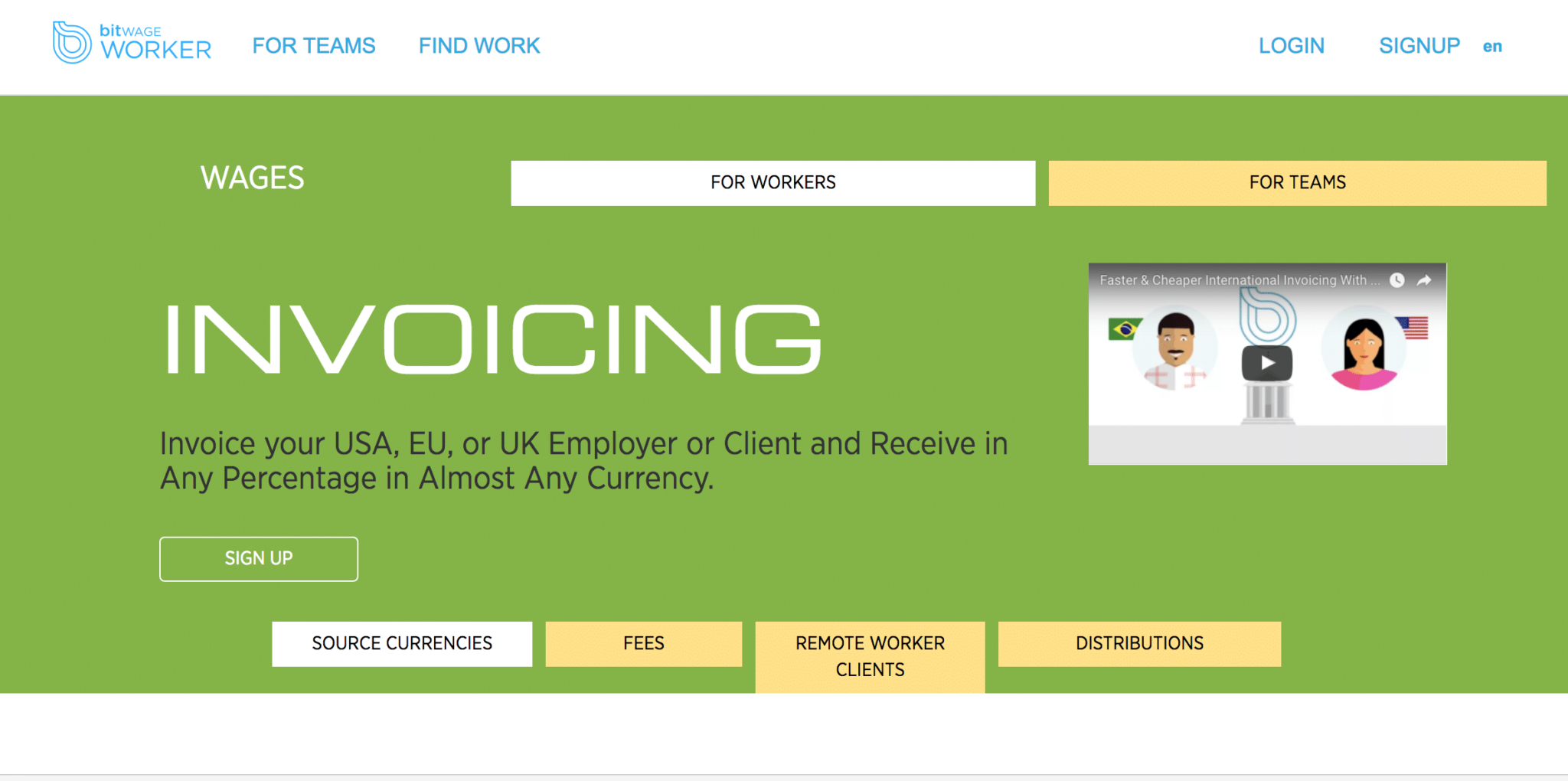
Employing people is usually the most significant expense for any business. Salary and employee benefits costs can consume up to 80% of gross revenues, depending on the industry sector. Human Resources (HR) and Payroll functions exist to manage various employee-related processes including hiring or salary payments. But the existence of these functions also creates additional costs for businesses. However, blockchain in HR and employee-related matters is now proving its worth in various use cases. When deployed successfully, blockchain can help enterprises to become more efficient in managing their workforce.
Blockchain in Hiring Employees
The hiring process is one of the best opportunities for blockchain in HR to add value. Job marketplaces, like LinkedIn or Jobs.com, only allow candidates the choice over whether they upload their resume. Candidates have little or no control over who sees or downloads their resume once it is online.
Hiring a candidate is mostly a lengthy verification process. Employers want to ensure that the experience, skills, and qualifications of a candidate match their needs. As a legal requirement, the candidate must demonstrate their right to work in the country of employment, usually by providing government-issued ID documents. C-Suite positions, or positions with financial responsibility, may require credit checks or disclosures about previously held company directorships.
All this checking involves considerable investment by the employer and time from the candidate. Hiring companies may have to place ads or engage recruiters, sift through resumes, and conduct interviews. External assessments are often involved, followed by checks of employment references and qualifications, the collection of documentation and more.
Because job interviews are fun and not at all intimidating, right?
The peer-to-peer connectivity of blockchain can help bring candidate pools directly to hiring companies. Using blockchain in HR in this way would reduce or even eliminate the need for recruitment companies to act as middlemen. The right amount of employees can be sourced and given their allocated roles, possibly using a workload management tool, which allows a business to flourish much quicker.
Digital Identity for Job Candidates
Blockchain is also enabling the concept of digital identity and has the functionality to hold verified digital versions of paper documents like a passport. A blockchain-based identity could also serve as a verified resumé. For a candidate, it could contain details of their qualifications and other certifications.
Each employer can add their verification of employment history and references to the profile as the individual moves through their career. This blockchain profile could even include evidence of projects undertaken or job performance assessments.
Upon applying for a job, a candidate can consent to the prospective employer gaining access to those parts of their digital identity required for employment. At the push of a button, the employer can then undertake verification of the employee’s details, eliminating the need for all the lengthy checks that happen today.
The personal touch of a face-to-face meeting between parties is always likely to remain part of a selection process. However, without the need to authenticate all of the skills and career history, such a meeting can be far less arduous for both parties and focus on elements like the cultural fit.
Blockchain recruitment projects such as Zinc have already seen the potential for the technology to shake up the current hiring process. Other companies such as Recruit Technologies are also partnering up with tech firms to create blockchain solutions that will allow employers to verify candidate data and reduce the incidences of fraudulent applications entering the hiring process.
Even companies like SelfKey or Civic, operating solely in the field of digital identity, could bring significant benefits for candidates and employers alike.
Blockchain for Payrolls – Automating Salary Payments
Payroll is also ripe for being shaken up by blockchain. The payroll process involves collecting payments and deductions before each salary payment day. At the time of payment, the final amount of the paycheck is checked and rechecked before being transferred to the individual.
Numerous parties are usually involved to reduce the opportunity for fraudulent payments. One person will enter the payment data, a second person will verify that entry, and a third person authorizes the transfer of funds via the bank.
Blockchain and smart contracts could automate much of the payroll process. For example, clocking systems used to log hours worked could trigger a smart contract for payment. It can also hold the payment in escrow until the payday trigger date is reached.
Additionally, using blockchain in HR and payroll can enable real-time direct payments in cryptocurrencies. So in the future, any employer could pay their employees without having to use a bank.
Global Payments and Expense Management
There is an entire back-office industry that exists to serve companies who want to move their employees across international borders. To pay employees in different countries, companies face a lot of complexity. Often, the process is dependent on third parties who will charge fees for making payments.
Now, blockchain is providing a simpler solution. Bitwage started up in 2014 with a view to allowing employee payments in Bitcoin. Since then, the company has seen the potential for blockchain in enabling cross-border payments and now runs international payroll services. AWorker is a newer company but has its eyes on the same market.

Bitwage was one of the early players in blockchain and payroll
Converging Technologies with Blockchain in HR
Taken by itself, blockchain offers real efficiency opportunities to employers. However, when combined with other technologies such as AI, employing people in the future could look very different than today.
Blockchain and AI in HR
Employees frequently contact HR and payroll with routine inquiries. These could be about company policy or legal rights, to things like vacation time or sick pay. In an attempt to cut costs, many big companies have outsourced or off-shored transactional back-office operations, including routine employee inquiries. Low-cost locations in Eastern Europe or India are often home to massive shared service centers with thousands of workers. Their tasks include the provision of “employee customer services” to big companies.
Offshoring and outsourcing have come with problems, such as language difficulties. Creating shared services also does not always deliver the return on investment that it initially promised. Ambitious blockchain projects like DeepBrain Chain are using blockchain as a catalyst for the adoption of AI, by making the technology more widely available to the masses.
AI chatbots answering routine employee questions seems to be the next logical step for HR departments. Using emerging technologies in this way could reduce costs and increase efficiencies within the back office of companies. Talla is one example where the converging use of AI chatbots and blockchain can assist HR and IT departments.
Blockchain and VR in HR
Many jobs require some level of basic training so that companies can demonstrate compliance with requirements like health and safety. The evolution of virtual reality (VR) means that learning can be done in a safe environment that simulates real-life conditions. Blockchain can provide an immutable record of training, which helps employers demonstrate legal compliance. Ceek’s VR-Labs are already using VR for training on first aid skills.

Even Health and Safety training can be cool with a VR headset
Final Thoughts
Although some of these scenarios are not yet a reality, it seems only a matter of time. Companies have the opportunity to realize significant efficiencies by leveraging the power of blockchain in HR. By converging blockchain with other emerging technologies, employers of the future will find they can eliminate much of today’s bureaucracy in handling their workforce.
The post Blockchain in HR Will Make Employing People Easier for Businesses appeared first on CoinCentral.

Coincentral.com is author of this content, TheBitcoinNews.com is is not responsible for the content of external sites.
Our Social Networks: Facebook Instagram Pinterest Reddit Telegram Twitter Youtube










